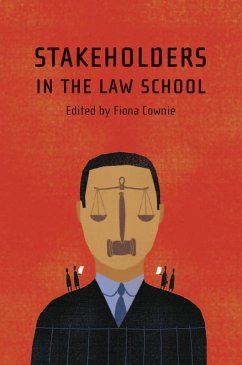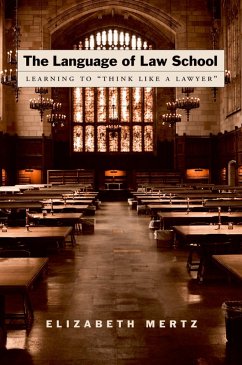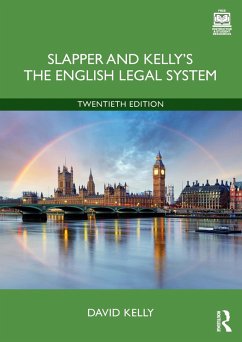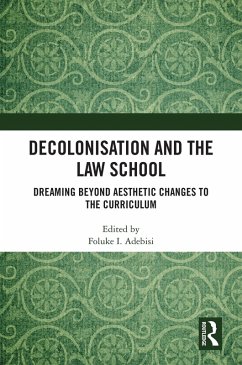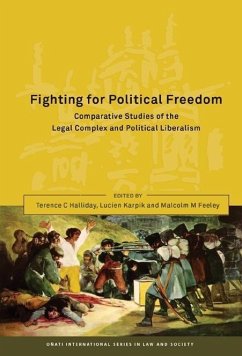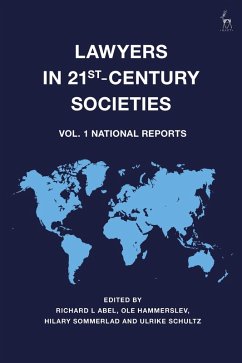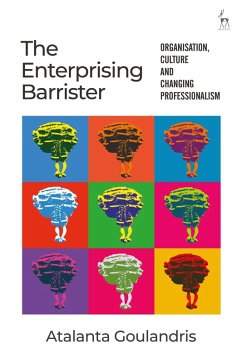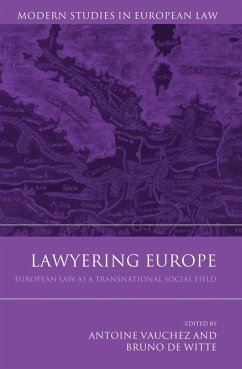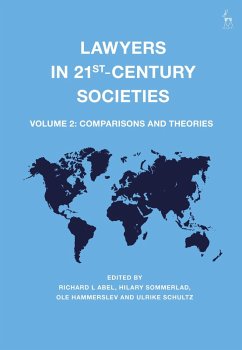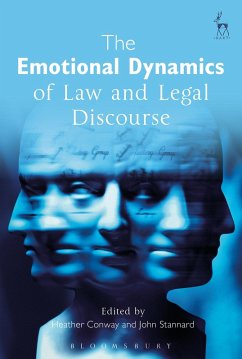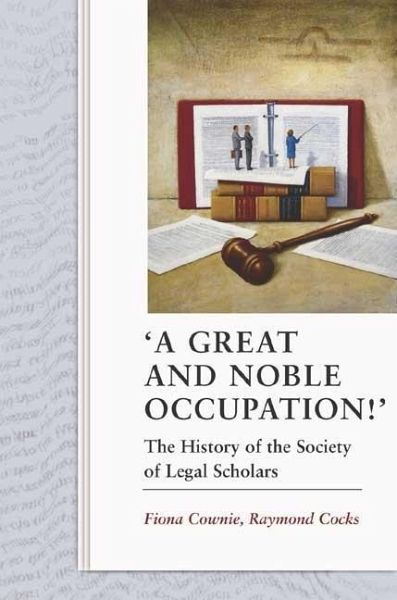
A Great and Noble Occupation!' (eBook, PDF)
The History of the Society of Legal Scholars

PAYBACK Punkte
27 °P sammeln!
The Society of Legal Scholars, originally the Society of Public Teachers of Law, was created in 1909, but was fortunate to survive its first half century. It had few members, lacked financial resources and was weak in influence. In comparison with other university disciplines Law enjoyed a fragile status, and was often held in low esteem by barristers and solicitors. At times the SPTL was caught up in problems of its own making, for instance refusing to admit women until the late 1940s. But there were also moments of excitement and achievement: the years between 1909 and the start of WWI were ...
The Society of Legal Scholars, originally the Society of Public Teachers of Law, was created in 1909, but was fortunate to survive its first half century. It had few members, lacked financial resources and was weak in influence. In comparison with other university disciplines Law enjoyed a fragile status, and was often held in low esteem by barristers and solicitors. At times the SPTL was caught up in problems of its own making, for instance refusing to admit women until the late 1940s. But there were also moments of excitement and achievement: the years between 1909 and the start of WWI were full of hope and new ideas and the establishment of the Journal of the Society of Public Teachers of Law in the 1920s was an important achievement for legal scholars. During the social revolution of the 1960s the SPTL continued to function as a rather sedate gentleman's club, gathering at its annual conference to socialise, rather than to engage in academic debate. The 1970s saw a sustained drive from its Young Members' Group to create a new, more serious organisation, with better conferences and more effective decision-making processes. The Society evolved slowly, but the process accelerated in the 1990s, with members encouraged to reinforce their intellectual contribution to the discipline and act as a central point for policy debate within the legal academic community. As we stand at the beginning of the twenty first century, the Society, with nearly 3,000 members, has come a long way from its small beginnings.




